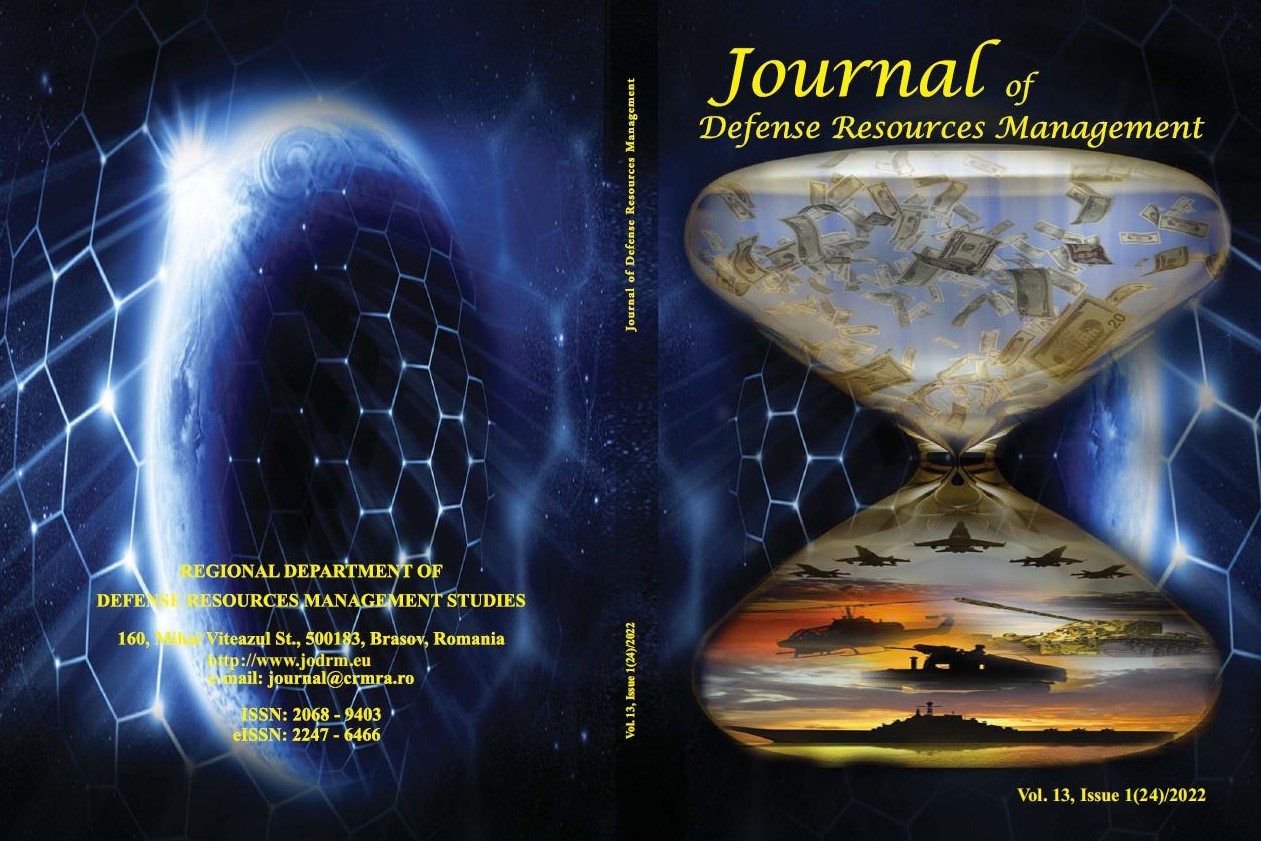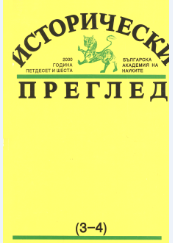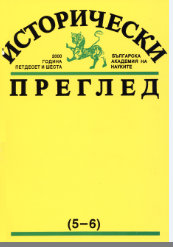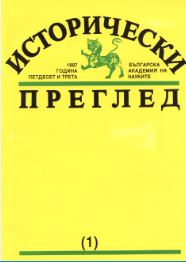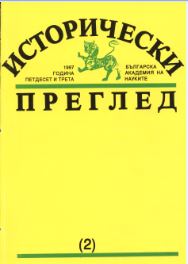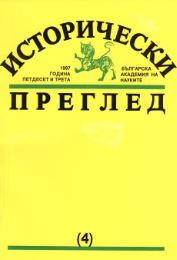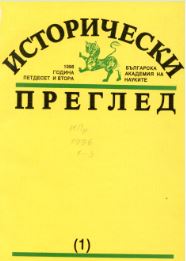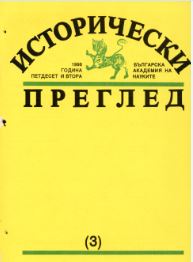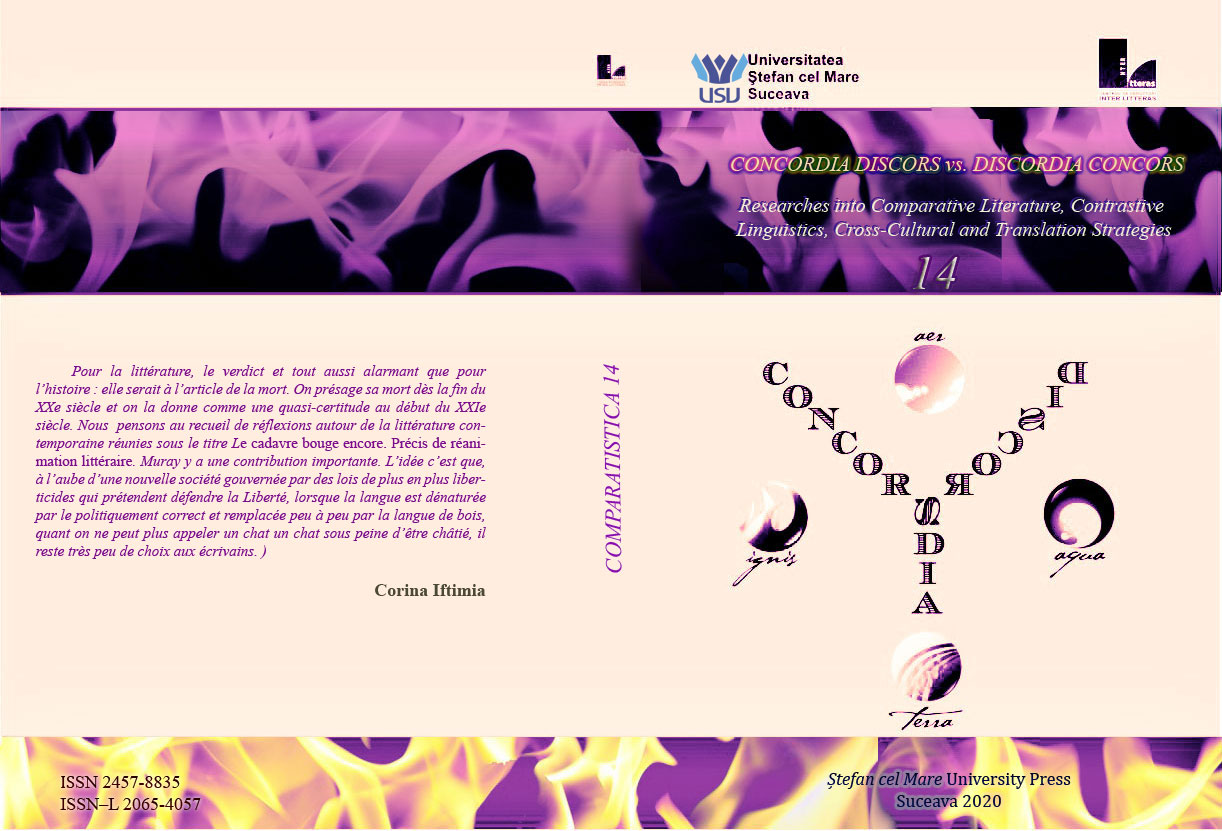
Nexus, The Alternative News Magazine
The Nexus magazine, Australian based international alternative news magazine, has a very long history and a great overall trajectory in publishing the news that other media trusts on purpose or unintentionally avoid or do their best to avoid.The Alternative News Magazine has permanent categories such as: Global News, Reviews, Science, Health, Ancient Knowledge, Reviews: Music, Books, Films, where the editorial board tries to put out the latest discoveries and the newest research available on the market.For a lot of web sailors, this magazine is like an old still-running light house which they are more than happy to find in a corrupted informational sea, controlled by billionaire sharks and truth-sucking leeches that will make every effort to pull you back and prevent you from accessing the right and accurate information at the right time.
More...
